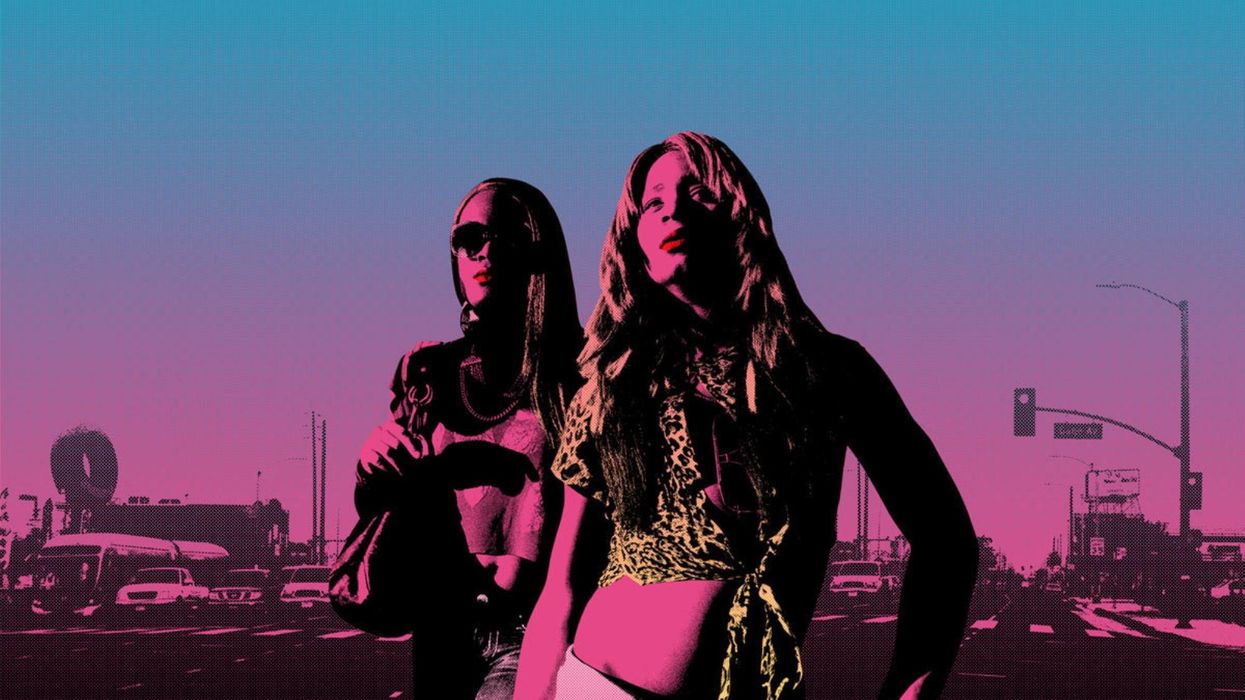How Sean Baker's 'Tangerine' Shines a Light on Hollywood's Diversity Problems
Sean Baker's Tangerine is a spitfire film.

Not only did it take the 2015 Sundance Film Festival by storm, but it also garnered numerous nominations at this year's Spirit Awards (Mya Taylor also took home the prize for Best Supporting Female). And it was shot completely on an iPhone. And it was made on a small $100K budget. And it's a story about two trans women — played by two trans women.
Tangerine has blossomed into the little movie that could despite all of the hurdles and unspoken boundaries present in the film industry's problems with diversity and inclusion. In fact, one reading of the film from Read More Movies' Eric Harvey says Baker addresses these things directly in the narrative and visual aspects of the film.
It's unclear whether Baker intended to make such a bold statement about Hollywood's diversity problem with Tangerine, the film works to show that marginalized groups, including women, minorities, the LGBTQ community (the transgender community specifically), and those on the lower tiers of the socioeconomic ladder do have a voice, even if many times societal and political barriers tend to render them inaudible.
The topics of diversity and discrimination in the film industry is a hotly debated one that has served as something of a divisive force among filmmakers within the community. Opinions abound on both sides, but surely all can agree that films like Tangerine are needed in the world, because film is a medium not only for artists and creatives, but also for activists and advocates who strive to offer a different, and at times challenging perspective of the human experience that many of us may not be fully aware of.
Tangerine does this at full volume — that spitfire! And it's a voice the vast majority of us haven't yet heard.
Source: Read More Movies











